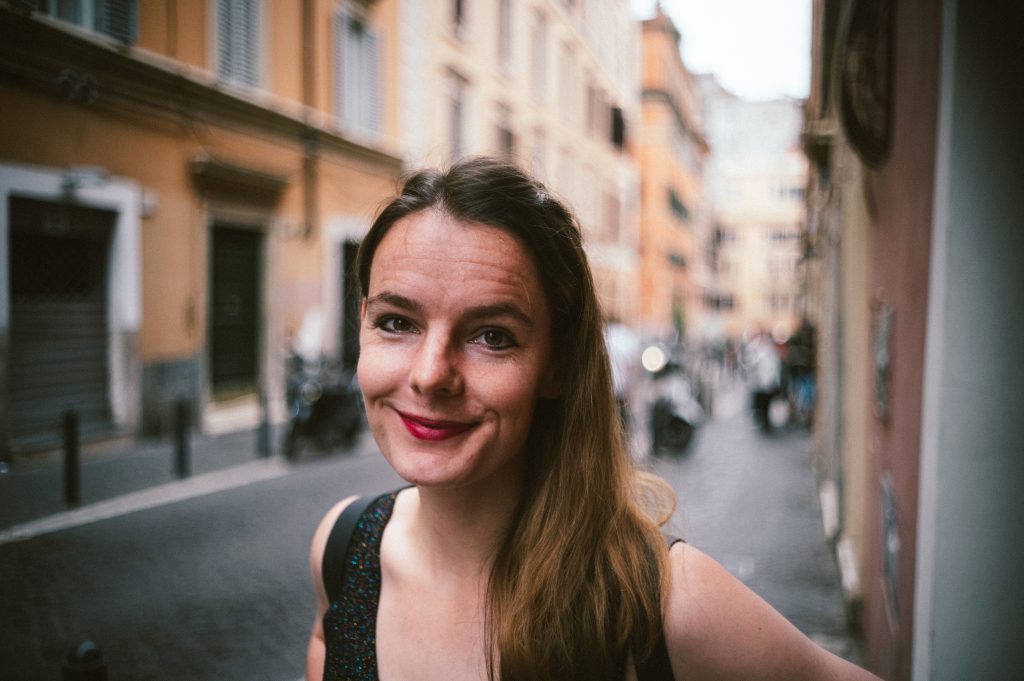BOOST programme aims to help care providers listen
“The goal is to improve communication between young cancer patients (between 10 and 18 years old), their parents and the medical staff, and thereby also optimise care,” says Anne van Driessche, third-year doctoral student at VUB and a researcher in the BOOST programme, led by VUB Professor Kim Beernaert.
Every 15 minutes, somewhere in Europe, parents are told that their child has cancer. Despite the considerably less pessimistic outlook at diagnosis compared to a few decades ago, cancer remains the leading cause of death from disease in children. Research and the results obtained are improving rapidly, but cancer treatment remains a very serious matter. The UZ Brussel is therefore participating with other university hospitals in the BOOST research programme, through which care providers want to better attune the care process to the needs of patients and parents and make it easier for adolescent cancer patients to discuss difficult issues.
“We see in practice that this communication is sometimes difficult. Parents want to shield their children from the harsh reality, and children try to spare their parents and sometimes play down what they are going through. Healthcare providers are also sometimes in the dark about what they can say to parents, what the patient wants to know or what they are struggling with. Patients often do not dare to talk openly about their experience of treatment, what could be improved or what they absolutely do not want now or in the future. Or they haven’t given it much thought.”
Difficult subjects
To remedy this communication problem, researchers at UZ Brussel want to set up a scientifically based communication strategy, in which they can better align the wishes of young cancer patients and their parents with the care they receive. The research programme is based on a Dutch example of early care planning, the IMPACT programme, in which researchers focused on getting people to think about and discuss their wishes and preferences for if their health deteriorates, as well as broader related subjects. “We drew our lessons from that and, with the developers of IMPACT, patients, former patients, parents and caregivers, we expanded the programme and applied it to the Flemish context,” says van Driessche. “We do both qualitative and quantitative research into how young cancer patients and their parents experience the disease, what worries and fears they experience, what provides relief and comfort, and how and to what extent they communicate about this with each other. We don’t avoid difficult subjects such as dying but discuss the future and the expectations of care.”
Results in October 2023
To scientifically substantiate the research, the scientists involved in BOOST are working with two groups of families, one of which is participating in the programme and the other of which is not. The families do not know in advance which group they will belong to. Both groups are asked a series of questions. The families who follow the programme will have three conversations with a trained conversation facilitator over the course of two months. Two of those conversations are held with the parent(s) and child together, and one takes place with the child and the parent(s) individually. To make the conversation easier, the facilitators use discussion cards. Participants decide for themselves which topics they do or do not want to talk about. Questions on communication about the disease, care and the future between parents, children and the paediatric oncologist among the BOOST patients are then compared with those of the families not in the programme. In addition, interviews will be conducted to solicit their experiences with the BOOST programme, to see what can be improved.

“To bring the study to a successful conclusion, we need about 80 families over the entire pilot project,” says van Driessche. “Of those, about a quarter are already on the course. So we are still looking for families who want to get involved. The results of the BOOST programme will be ready in October 2023. It is possible that the accumulated expertise gained through this will be translated to other complex chronic conditions.”
Would you like to help us learn more about the communication needs of parents and young people and ways to improve communication about current and future care? If you are interested in participating in the BOOST study or would like more information, please email Anne.van.Driessche@vub.be.
